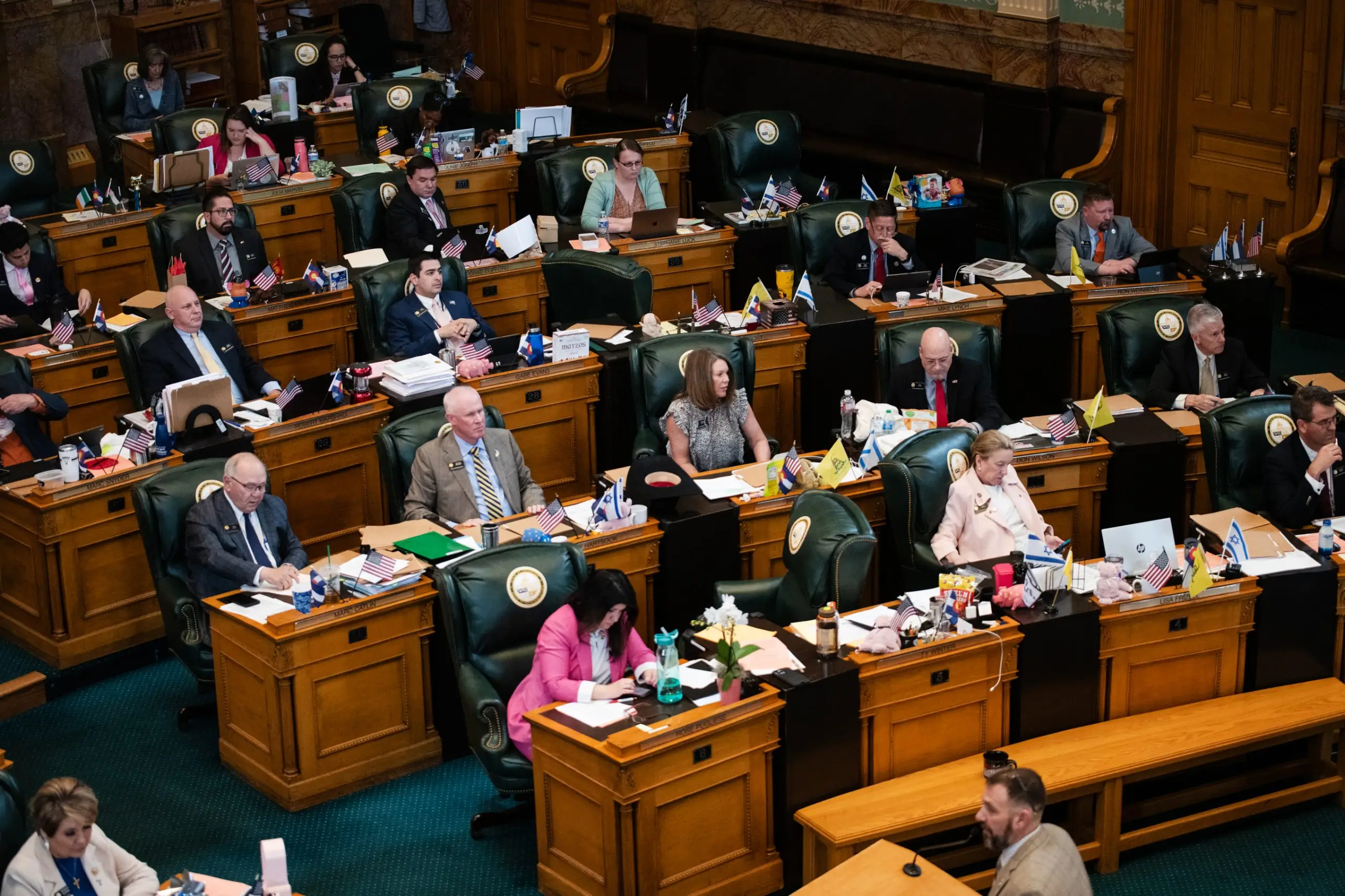In a significant move, Colorado legislators have greenlit $1 billion in new tax breaks during the latest session, potentially halting refunds under the Taxpayer’s Bill of Rights (TABOR). The slew of 26 new tax credits targets specific groups, ranging from parents and elderly homeowners to freight rail operators and filmmakers. This shift redirects funds away from the popular TABOR refunds that typically benefit all taxpayers.

According to a recent economic forecast, these tax breaks are expected to reduce TABOR refunds by approximately $3 billion over three fiscal years. For the upcoming fiscal year 2024-25, there’s a looming possibility that the state may not issue TABOR refunds for the first time in half a decade due to insufficient revenue above constitutional caps.
Greg Sobetski, the chief legislative economist, emphasized the magnitude of revenue reduction caused by the new tax credits, warning of heightened budgetary risks in the future. Lawmakers are already grappling with a $164 million shortfall in the current budget, with the state’s reserve falling below the required 15% to 13.5%.
Republican Senator Barbara Kirkmeyer criticized the situation as “irresponsible,” blaming Democratic overspending during this session. Democrats, however, have pivoted their strategy towards supporting targeted tax credits over TABOR refunds, aiming to direct funds towards their policy priorities.
One of the largest tax breaks, effective immediately, will cost the state approximately $740 million annually. It offers parents earning $75,000 or less up to $3,200 per child under 16 years old, with Democrats touting it as a measure to alleviate family poverty. Another measure expands the earned income tax credit for low-income residents, further reducing state revenue by $200 million annually by fiscal year 2025-26.